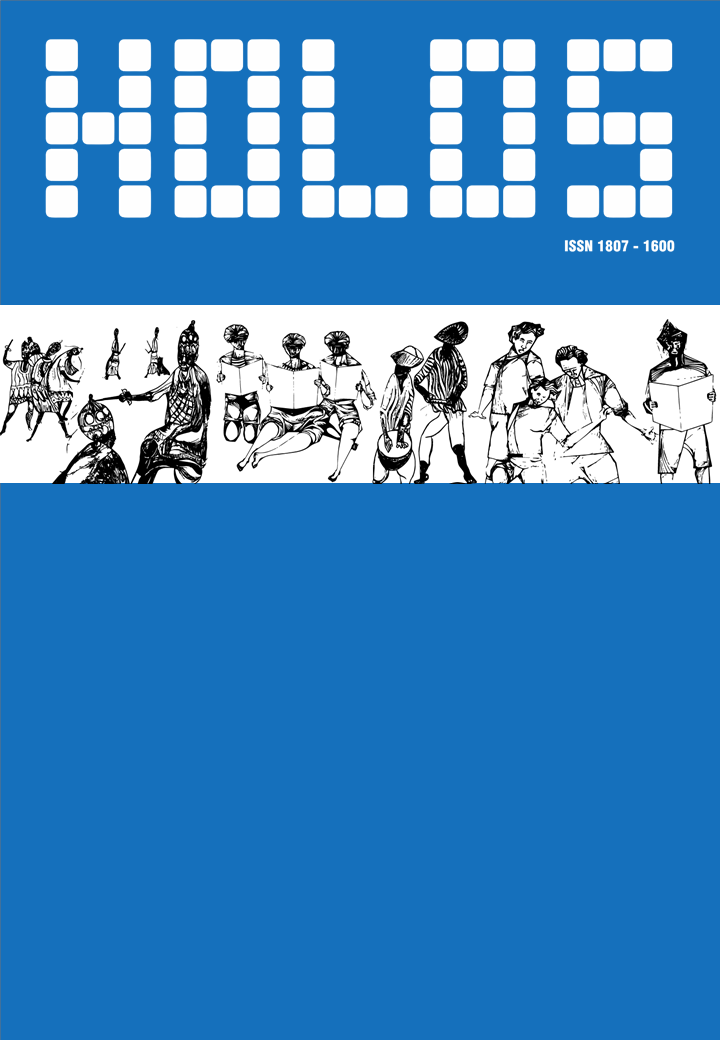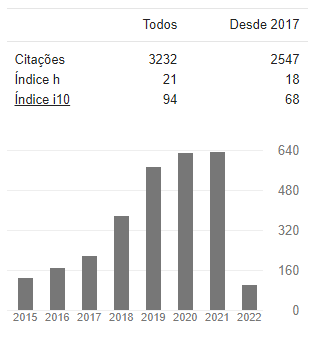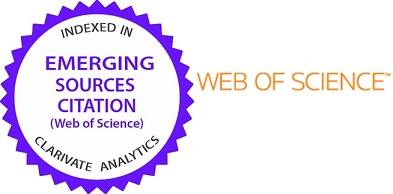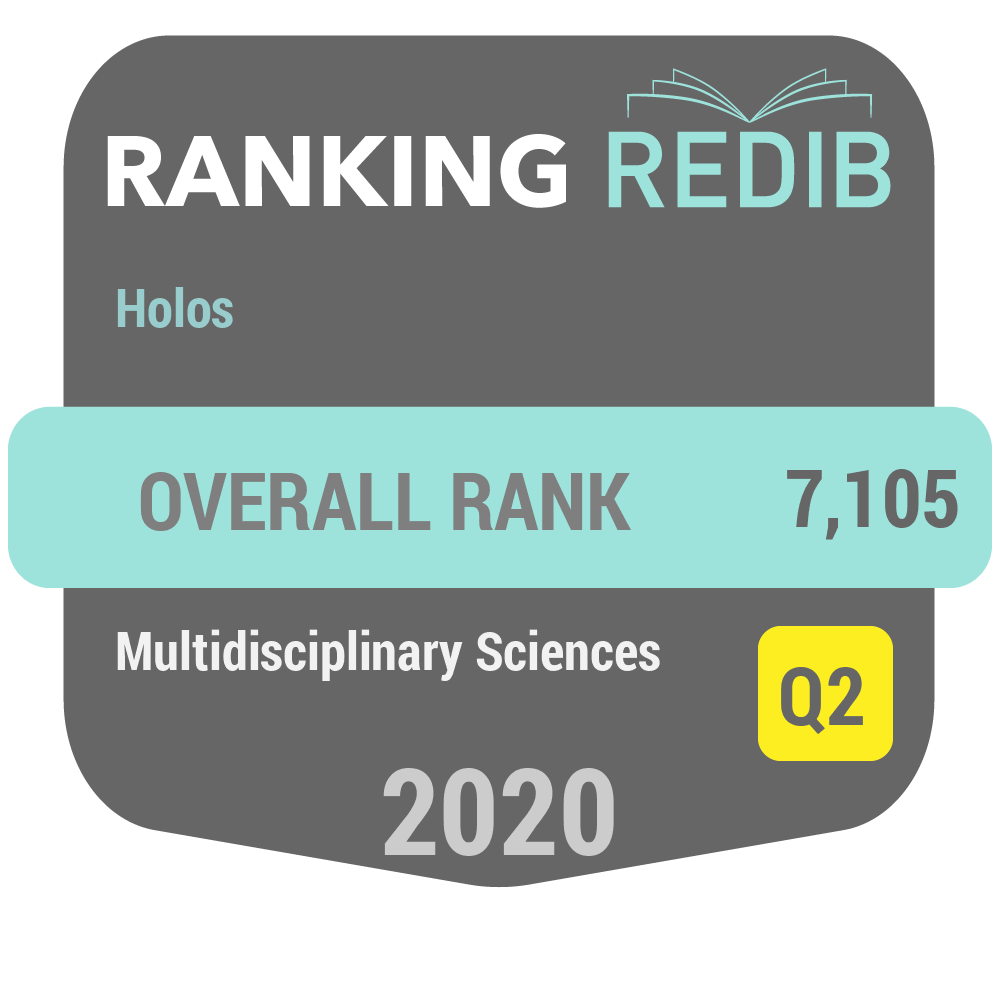Resistance in processes of change in information technology: a Fuzzy AHP approach
DOI:
https://doi.org/10.15628/holos.2021.10355Palavras-chave:
Resistance, Change, Information Technology, Fuzzy, AHPResumo
Current literature on information technology points to a scenario where resistance to change must be considered in all IT implementation processes. However, there is no consistency in the extant literature about the interplay among the several triggers to resistance to change in IT. This paper aims at surveying the literature and investigating their roles in IT change management. Fuzzy AHP (Analytical Hierarchical Process) is used to provide greater flexibility in understanding the answers. The results point to two main sets of behaviours (intrinsic and extrinsic), which find support from other management fields. This paper contributes to the literature by showing that contrary to what was formerly believed, resistance to change in IT is not as much linked to technical aspects but to personal and team-level causes.
Downloads
Referências
Almada, L., & Policarpo, R. V. S. (2016). A relação entre o estilo de liderança e a resistência à mudança dos indivíduos em um processo de fusão. REGE-Revista de Gestão, 23(1), 10-19.
Bhattacherjee, A., & Hikmet, N. (2007). Physicians' resistance toward healthcare information technology: a theoretical model and empirical test. European Journal of Information Systems, 16(6), 725-737.
Breternitz, V. J., & Galhardi, a. C. (2011). Contribuições ao processo de seleção de sistemas erp (enterprise resource planning) para pequenas e médias empresas. Revista Eletrônica de Tecnologia e Cultura, 3(2), 8.
Burns, J., & Scapens, R. W. (2000). Conceptualizing management accounting change: an institutional framework. Management accounting research, 11(1), 3-25.
Chan, F. T., Kumar, N., Tiwari, M. K., Lau, H. C., & Choy, K. (2008). Global supplier selection: a fuzzy-AHP approach. International Journal of production research, 46(14), 3825-3857.
Craig, K., Thatcher, J. B., & Grover, V. (2019). The IT Identity Threat: A Conceptual Definition and Operational Measure. Journal of Management Information Systems, 36(1), 259-288.
Dallavalle, S. I., & Cazarini, E. W. (2000). Regras do Negócio, um fator chave de sucesso no processo de desenvolvimento de Sistemas de Informação. São Carlos: USP-EESC-Escola de Engenharia de São Carlos-Área: Engenharia de Produção.
Dey, P. K. (2010). Managing project risk using combined analytic hierarchy process and risk map. Applied Soft Computing, 10(4), 990-1000.
Felisoni, P., Martins, F. S. (2019). A fuzzy-AHP analysis of IT outsourcing monitoring in public organizations. XIV SemeAd. Annals. Sao Paulo.
Fetzner, M. A. D. M., & Freitas, H. M. R. D. (2012). Repensando questões sobre mudança, afeto e resistência na implementação de SI. REAd. Revista Eletrônica de Administração (Porto Alegre), 18(1), 1-26.
Guilhardi, H. J. (2002). A resistência do cliente a mudanças. Guilhardi et al. Sobre Comportamento e Cognição, 9, 133-156.
Jacobsen, A. L., & Rodrigues, M. M. B. (2002). Abordagens para lidar com a resistência humana frente a processos de mudança organizacional. Ciencias da Administraçao, 4(7), 39-49.
Kim, H. W., & Kankanhalli, A. (2009). Investigating user resistance to information systems implementation: A status quo bias perspective. MIS quarterly, 567-582.
Klaus, T., & Blanton, J. E. (2010). User resistance determinants and the psychological contract in enterprise system implementations. European Journal of Information Systems, 19(6), 625-636.
Martin, W. J. (2017). The global information society. Routledge.
Musse, J. I., Araujo Neto, A. C. D., Ahlert, H., Rey, L. F., Ignacio, M. C., & Motta, T. S. (2015). Impactos estruturais da implantação da governança de TI em uma universidade pública. In Conferencia de Directores de Tecnología de Información (5.: 2015: Viña del Mar). Actas. Viña del Mar: Red Clara, 2015.
Nazari-Shirkouhi, S., Miri-Nargesi, S., & Ansarinejad, A. (2017). A fuzzy decision making methodology based on fuzzy AHP and fuzzy TOPSIS with a case study for information systems outsourcing decisions. Journal of Intelligent & Fuzzy Systems, 32(6), 3921-3943.
Neves, P., Almeida, P., & Velez, M. J. (2018). Reducing intentions to resist future change: Combined effects of commitment?based HR practices and ethical leadership. Human Resource Management, 57(1), 249-261.
Oreg, S. (2003). Resistance to change: Developing an individual differences measure. Journal of applied psychology, 88(4), 680.
Piderit, S. K. (2000). Rethinking resistance and recognizing ambivalence: A multidimensional view of attitudes toward an organizational change. Academy of management review, 25(4), 783-794.
Polites, G. L., & Karahanna, E. (2012). Shackled to the status quo: The inhibiting effects of incumbent system habit, switching costs, and inertia on new system acceptance. MIS quarterly, 21-42.
Rivard, S., & Lapointe, L. (2012). Information technology implementers’ responses to user resistance: Nature and effects. MIS quarterly, 897-920.
Robbins, S. S., & Stylianou, A. C. (1999). Post-merger systems integration: the impact on IS capabilities. Information & management, 36(4), 205-212.
Saaty, T. L. (2008). Decision making with the analytic hierarchy process. International journal of services sciences, 1(1), 83-98.
Salles, A. C., Alves, A. P. F., Dolci, D. B., & Lunardi, G. L. (2016). Green information technology: a study of its adoption in organizations/Tecnologia da informacao verde: um estudo sobre sua adocao nas organizacoes. RAC-Revista de Administracao Contemporanea, 20(1), 41-64.
Thakur, R. R., & Srivastava, S. (2018). From resistance to readiness: the role of mediating variables. Journal of Organizational Change Management.
Yadav, V., & Sharma, M. K. (2015). Multi-criteria decision making for supplier selection using fuzzy AHP approach. Benchmarking: An International Journal.
Ilie, V., & Turel, O. (2020). Manipulating user resistance to large-scale information systems through influence tactics. Information & Management, 57(3), 103178.
Chang, Y., Lee, H., Lee, J. N., & Wang, S. (2018). The adoption and resistance of disruptive information technologies.
Indalecio, A. A., & Joia, L. A. (2018). Process-based modelling of the information systems resistance phenomenon. Revista de Administração de Empresas, 58(1), 60-73.
BE?LIU, D. C. (2018). Institutional management of change resistance of the employees against organizational transformations. Scientific Research & Education in the Air Force-AFASES, 351-358.









































